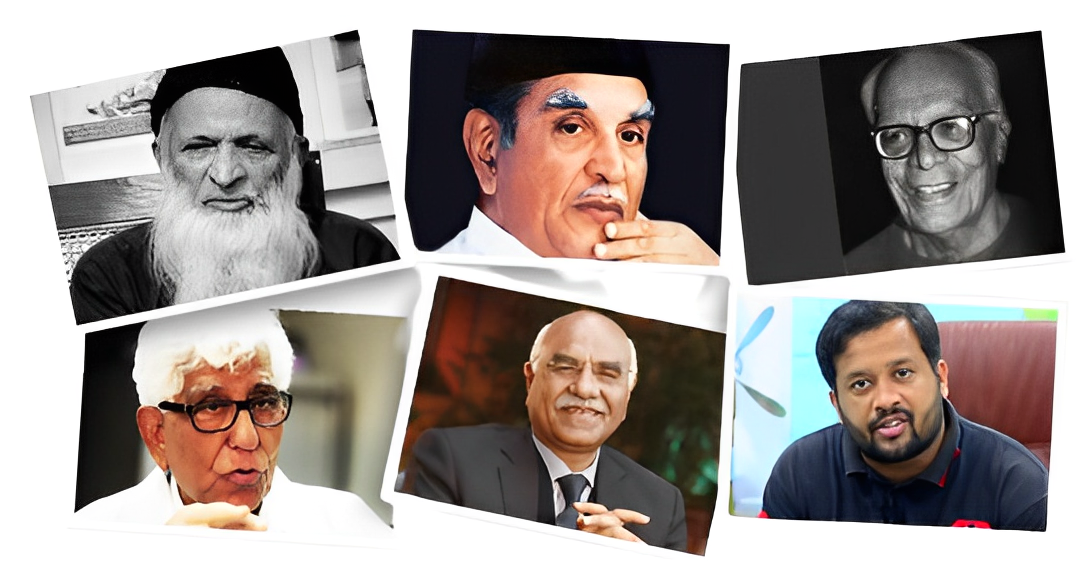
Millionaire's Corner
In line with the vision of United for Better Pakistan, we have come up with the Millionaires’ Corner. Here we will talk and share about the Millionaires of Pakistan. These unsung heroes are not the ones with millions in their bank accounts but those who have impacted over a million lives in Pakistan through their altruism and passion for a positive and healthy society.
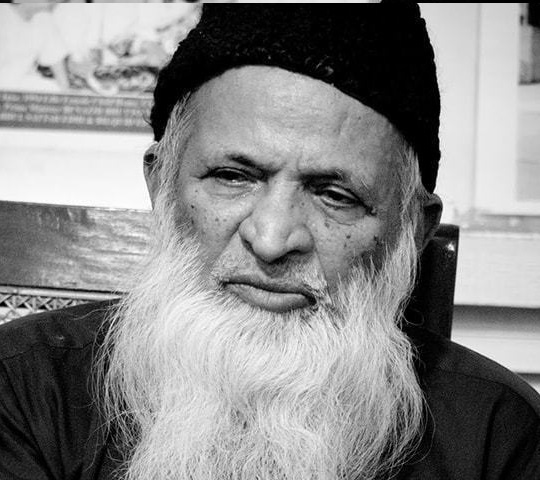
Abdul Sattar Edhi
Abdul Sattar Edhi was the founder of Edhi Foundation, a nationwide network of humanitarian center’s offering a wide range of life-saving services including ambulance service, orphanages, old age homes, animal shelters, and more.
Edhi began his humanitarian work in 1947, soon after partition, with just $500 in hand. Over the next few decades, he helped to save the lives of at least 50,000 babies and created a fleet of 1,800 ambulances, 28 rescue boats and two airplanes to help in disaster management.
He won numerous awards, including the Ramon Magsaysay Award, Lenin Peace Prize, Gandhi Peace Award, and much more.
Hakeem Muhammad Saeed
Hakeem Muhammad Saeed was a Pakistani medical researcher, scholar, and philanthropist. He authored and compiled about 200 books in medicine, philosophy, science, health, religion, natural medicine, literary, social and travelogues.
He also served as governor of Sindh Province from 1993 until 1994. Perhaps his biggest achievement was establishing the Hamdard Foundation in 1948, a medicine company which is based in Karachi.
Hakeem Saeed was awarded Kuwait Prize for Tibb-i-Islami (Eastern medicine), along with Sitara-i-Imtiaz and Nishan-i-Imtiaz by the President of Pakistan.
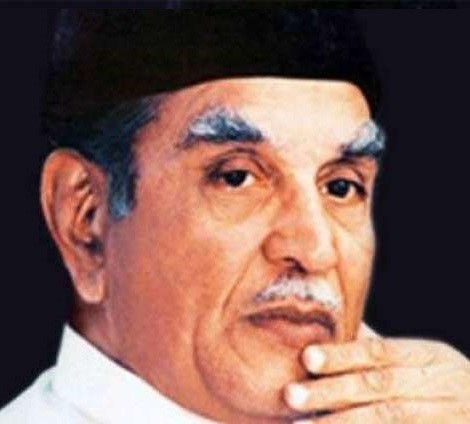
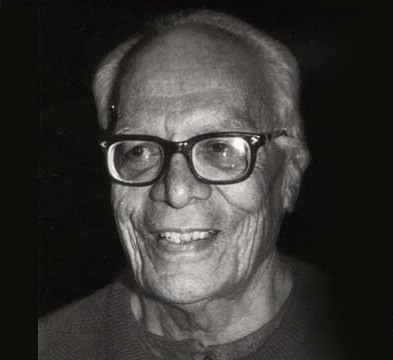
Akhtar Hameed Khan
Dr. Akhtar Hameed Khan was a renowned Pakistani social scientist, educator, and development practitioner. Born on July 15, 1914, and passing away on October 9, 1999, he made significant contributions to the field of rural development and poverty alleviation.
Dr. Khan is best known for his innovative approach to community development, which he called the “Comilla Model.” This model emphasized empowering local communities to take charge of their own development and address their pressing social and economic challenges.
Khan’s legacy endures through the lasting impact of his ideas and his commitment to empowering communities to break the cycle of poverty and achieve sustainable development.
Adeeb-ul-Hasan Rizvi
Dr. Adeeb-ul-Hasan Rizvi is a Pakistani doctor and philanthropist. He is also the founder of the Sindh Institute of Urology and Transplantation (SIUT), one of the most reputed medical institutions in the South Asian Region providing services within the domains of urology and kidney transplantation free-of-cost for those who cannot afford them, the institute takes care of nearly one million patients per year.
Dr Rizvi has been the recipient of many awards and tributes, including the Ramon Magsaysay Award in 1998, Lifetime Achievement Award by The Sindh Association of North America in 2015, and Nishan-i-Imtiaz (Medal of Distinction) Award by the President of Pakistan in 2018. However, no amount of recognition can truly capture the essence of his work, and the difference he has made in the lives of millions of Pakistanis.
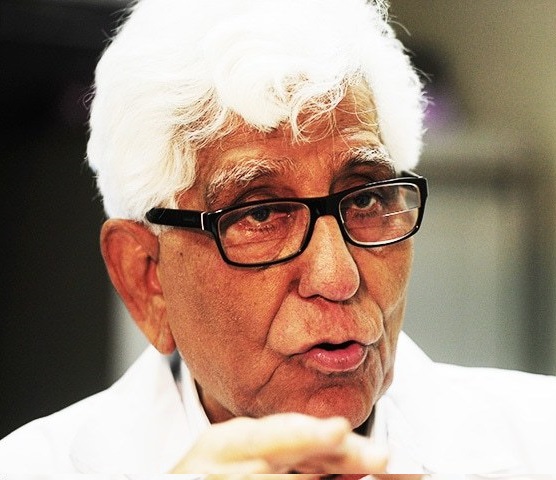
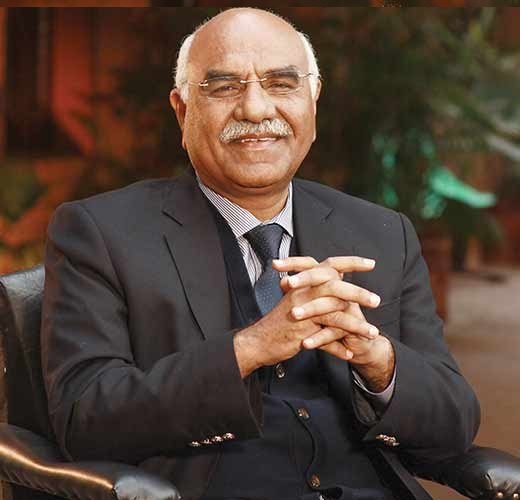
Amjad Saqib
Dr. Amjad Saqib is a development practitioner, social entrepreneur, writer and a former civil servant, and the founder of Akhuwat Foundation, an interest- and collateral-free microfinance programme that catalysed scores of poor households.
The programme was launched nearly two decades ago, and since then, it has grown into the nation’s largest microfinance institution, distributing the equivalent of $900 million and boasting an almost 100% loan repayment rate.
In 2021, Dr Amjad Saqib won the Ramon Magsaysay Award. Previously, he was also presented with the Commonwealth’s 31st Point of Light Award by Queen Elizabeth II and has been awarded “Sitara-e-Imtiaz” by the President of Pakistan. Dr Saqib’s efforts to lift the most vulnerable communities of Pakistan is truly admirable.
Syed Zafar Abbas Jafri
Zafar Abbas is a Pakistani humanitarian and the General Secretary of Jafaria Disaster Cell (JDC), a welfare organization established in 2009 with a vision to help each & every deserving human being without any discrimination in caste, colour, or religious beliefs.
JDC aims to provide assistance to all people from disaster relief, first aid, and food rations to providing education, marriage support, and COVID-19 treatment, Zafar Abbas and his team members have been at the forefront in numerous welfare and development initiatives.
Currently, JDC serves food to more than 6,000 individuals on a daily basis all over Karachi. The organization is also engaged in various other initiatives, each with a target of providing help and relief for the underprivileged and those affected by calamities.
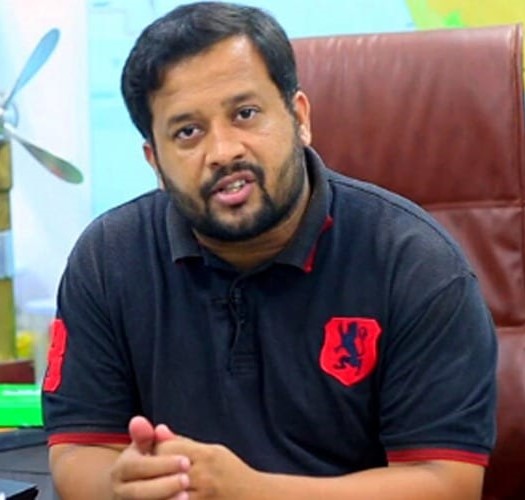
Want to be a Millionaire?
Project Central is a part of United For Better Pakistan’s initiative that provides a space to share solutions to our national issues. If you are a professional and have a project that can solve a problem faced by people in Pakistan then Project Central is a place for you.
Your proposal must have the capacity to affect the lives of 10 million people in Pakistan. We will provide you with all the assistance and expertise at our disposal to make your project a success.
Once your project is approved by our team and we choose to work together to change the lives of millions of Pakistanis, you may well be our next millionaire!
Project Central
If you have a plan that can potentially affect the lives of millions of Pakistanis, then Project central is the platform for you to share your plan at.
